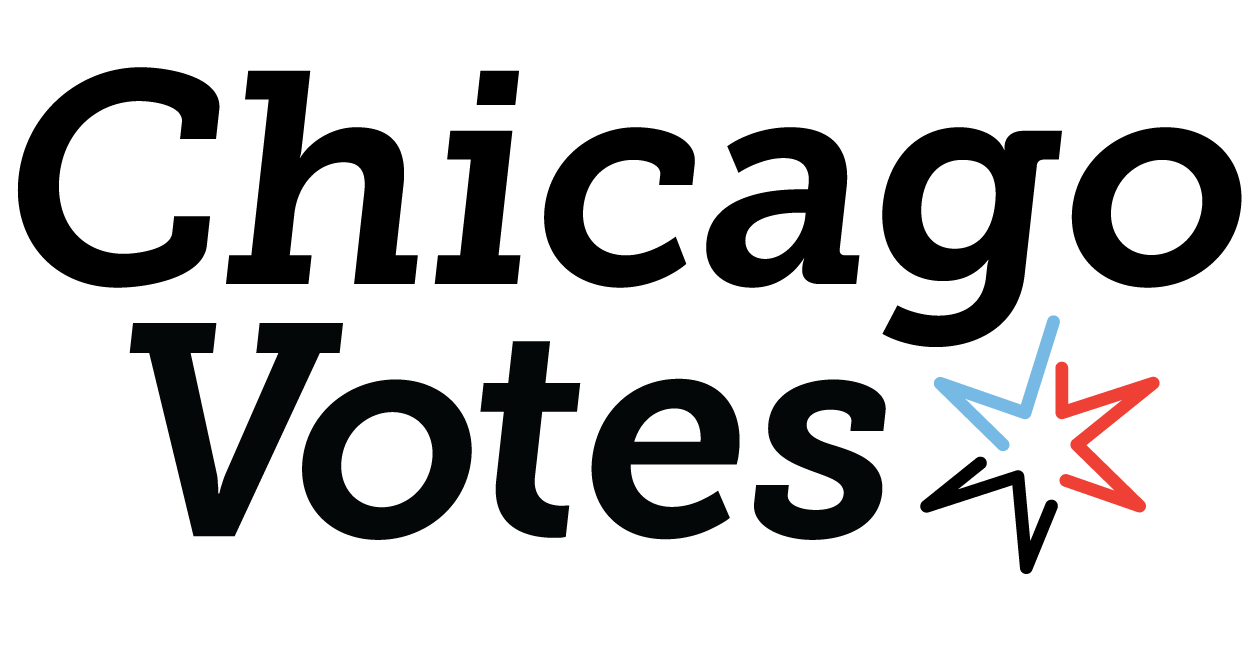By Alex Boutros, Organizing Manager
Greetings,
My name is Alex Boutros and I am a resident of the 46th ward in Uptown with Alderman Cappleman.
Did you all know that the Inspector General of Chicago’s Public Safety data on CPD paints a clear picture that CPD is undeniably racist?
Since 2016 our police have pat-down over 182,000 people. What’s your guess on the percentage of those folx that were Black? Close to 75 percent. Latino? 20 percent. White? 4 percent.
Do you want to know the percentage of time where the police found something in those very traumatizing pat-downs? It was less than 8 percent.
Our police are trained to arrest people–and that’s it. Our police are traumatizing our people in school and on the streets. Their presence is oppressive. An excerpt from Stop and Frisk in, Citizen, by Claudia Rankine, helps paint the picture:
I knew whatever was in front of me was happening and then the police vehicle came to a screeching halt in front of me like they were setting up a blockade. Everywhere were flashes, a siren sounding, and a stretched-out roar. Get on the ground. Get on the ground now. Then I just knew.
And you are not the guy and still, you fit the description because there is only one guy who is always the guy fitting the description.
Our police won’t provide housing. Our police won’t provide food or mutual aid or facilitate COVID-19 testing during a pandemic. Our community members and aldermen have started doing that out of their own pockets when you, Mayor Lightfoot, shut down food pantries early and used the looting as an excuse.
Alderman Cappleman and I sat down and agreed that our community needs real affordable housing, mental health clinics, and resources for folx experiencing domestic violence. We need the funding that is going towards police in our neighborhood to be diverted to what the community truly desires and needs.
It seems, Mayor Lightfoot, that you’re choosing not to listen. You’re not choosing to listen to Alderman Cappleman and I when we tell you where we need this funding diverted. You’re not listening to Alderman Jeanette Taylor when she has asked too many times for the Sherman Park Library to get necessary funding for improvements. And, you’re evidently not listening to the 87 percent of Chicagoans that decided to defund the CPD budget in the budget survey that you pleaded folx to fill out. In that survey, we also told you exactly where we want the money to go.
If police kept our communities safe, we’d be the safest city in the nation at $1.7 billion spent annually.
That budget survey is the recipe to end violence and crime in the city. We handed it to you on a silver platter.
Tell the FOP that it’s out of your hands. This is what your city is calling for.
